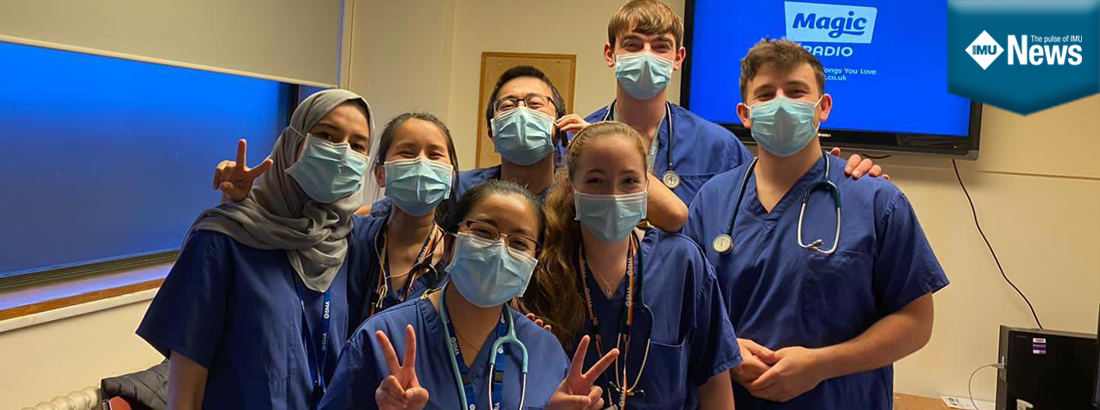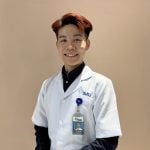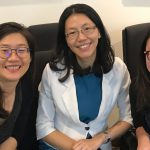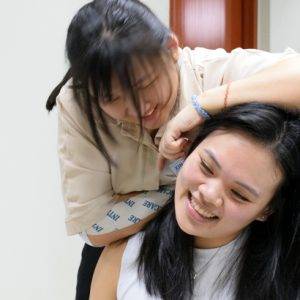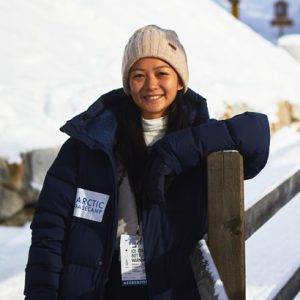agility /əˈdʒɪlɪti/
noun noun: agility 1. ability to move quickly and easily. 2. ability to think and understand quickly.
PART 3 of 3 Celine felt she was not as active in her extracurriculars compared to her time in IMU but continued to take on leadership roles that interested her. She was the President of the QUB Japanese Society which was responsible for organising social events to bring together Japanese and non-Japanese students with a common interest in celebrating the Japanese culture. She also focused on being involved with academic activities such as teaching medical students in years below, as well as secondary school students interested in studying medicine, and volunteered as an examiner for mock examinations. With her interests lying in surgery, she went on to compete in the Royal College of Surgeons Edinburgh National Student Surgical Skills Competition last year and emerged in the first place as the winner in the local Northern Ireland heat. This involved a series of practical stations, which tested a variety of skills such as manual dexterity, basic suturing and knot tying, cognition, and anatomy knowledge. She was due to travel to Edinburgh to compete as a finalist, but unfortunately, this did not take place due to the COVID-19 outbreak. She recently found out that she was awarded the John Menary Prize in Paediatrics for an essay she submitted on an aspect of child health she experienced during her second elective placement. 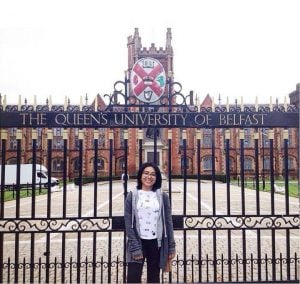
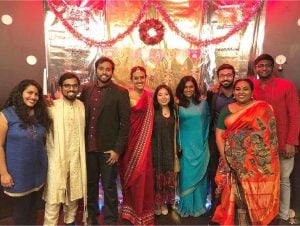
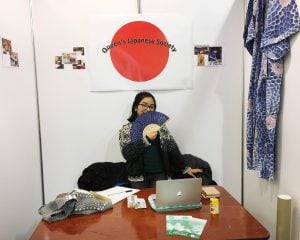
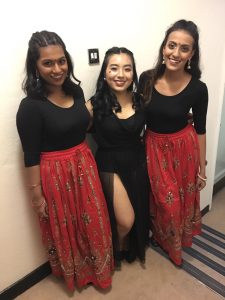 Celine had the unique opportunity to undertake a second elective placement whilst at QUB. She chose to spend two weeks in the Obstetrics & Gynecology department in Belfast and completed the remaining four weeks split between Obstetrics & Gynaecology and Paediatric Surgery in two hospitals in Japan. In comparison to her first elective placement, she was able to have a hands-on experience during this time. With more medical knowledge and practical skills under her belt, she was given the opportunity to assist in theatres and be more involved with patient care.
Celine had the unique opportunity to undertake a second elective placement whilst at QUB. She chose to spend two weeks in the Obstetrics & Gynecology department in Belfast and completed the remaining four weeks split between Obstetrics & Gynaecology and Paediatric Surgery in two hospitals in Japan. In comparison to her first elective placement, she was able to have a hands-on experience during this time. With more medical knowledge and practical skills under her belt, she was given the opportunity to assist in theatres and be more involved with patient care. 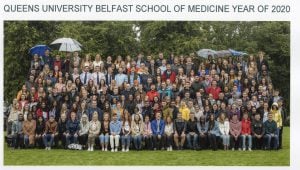 Celine graduated from QUB in July of this year and is now working as a Foundation Year 1 Doctor in a small district hospital in the Southwest of England. She finds it challenging but rewarding. Every day poses a new problem to which she must find a solution, many of them being ones they don’t teach you about in medical school. There is a wide array of skills that are expected, such as talking to a patient’s relative, breaking bad news, dealing with a dying patient, and cannulating a patient with difficult access. A lot of these skills cannot be learned in a classroom, they take time and experience on the wards to develop and hone. Celine has just completed her first rotation in general surgery, which was very demanding and busy, but she enjoyed every minute that she spent assisting in the theatre. She will be moving onto her next rotation in acute medicine, which she hopes will teach her a lot on how to deal with acutely unwell patients and improve her medical knowledge to provide the best care for all of her future patients. Celine hopes to apply for core surgical training in the UK after completing her second year as a foundation doctor. She aspires to become a pediatric surgeon and is considering taking a year out of training to volunteer for a team of pediatric surgeons from Japan that travel to Cambodia and Laos every year to perform life-saving surgeries for local families that cannot afford them.
Celine graduated from QUB in July of this year and is now working as a Foundation Year 1 Doctor in a small district hospital in the Southwest of England. She finds it challenging but rewarding. Every day poses a new problem to which she must find a solution, many of them being ones they don’t teach you about in medical school. There is a wide array of skills that are expected, such as talking to a patient’s relative, breaking bad news, dealing with a dying patient, and cannulating a patient with difficult access. A lot of these skills cannot be learned in a classroom, they take time and experience on the wards to develop and hone. Celine has just completed her first rotation in general surgery, which was very demanding and busy, but she enjoyed every minute that she spent assisting in the theatre. She will be moving onto her next rotation in acute medicine, which she hopes will teach her a lot on how to deal with acutely unwell patients and improve her medical knowledge to provide the best care for all of her future patients. Celine hopes to apply for core surgical training in the UK after completing her second year as a foundation doctor. She aspires to become a pediatric surgeon and is considering taking a year out of training to volunteer for a team of pediatric surgeons from Japan that travel to Cambodia and Laos every year to perform life-saving surgeries for local families that cannot afford them.
| Celine’s biggest tip for all aspiring doctors |
|---|
| Celine’s biggest tip for all aspiring doctors is to find a balance between life in and outside of Medicine. Medicine is a lifelong learning process; it does not end as soon as you graduate from medical school. Cultivate yourself in other ways, be it through music, art, or even traveling. Do not let medicine consume you, and make sure you take care of yourself first. A sick doctor cannot take care of sick patients! Take every opportunity that comes by, regardless of how much or how little ability you think you have – you will always be more capable than you think! And finally, communication is key, in everything and anything you do in life. Learn to listen to your patients and your colleagues and be able to speak clearly in return. Any lapse of communication given the right (or wrong) circumstances could be fatal in the medical world. |
PART 1: Medical Student Experienced Unique Culture while Gaining Valuable Skills at IMU PART 2: A Multitude of Learning Experiences for an IMU Medical Student from Sri Lanka




